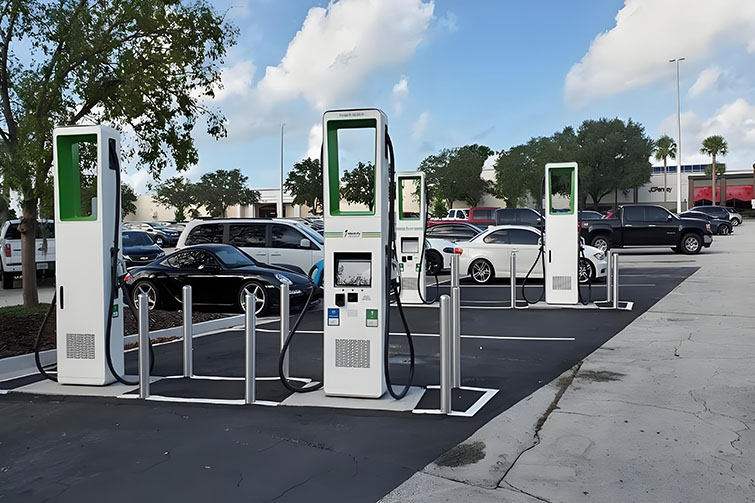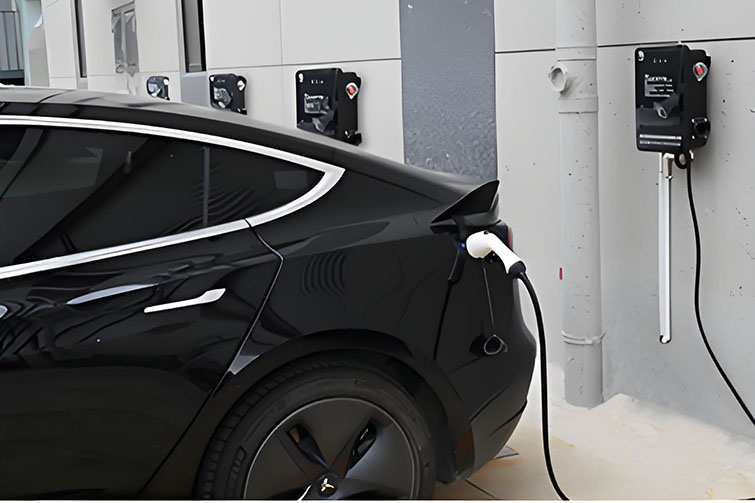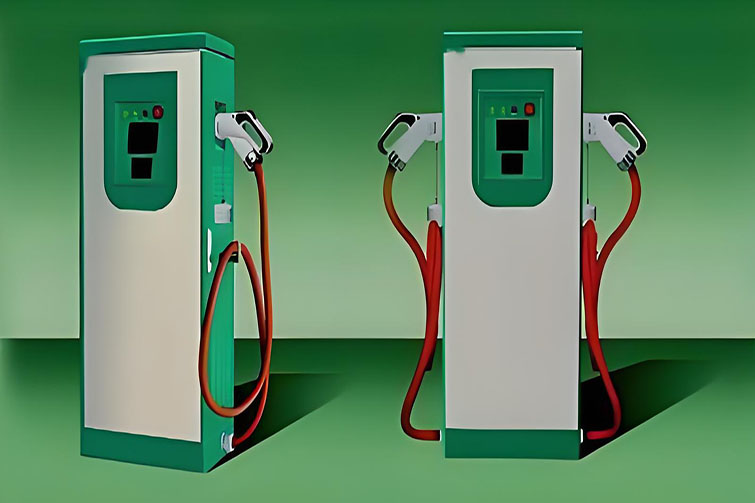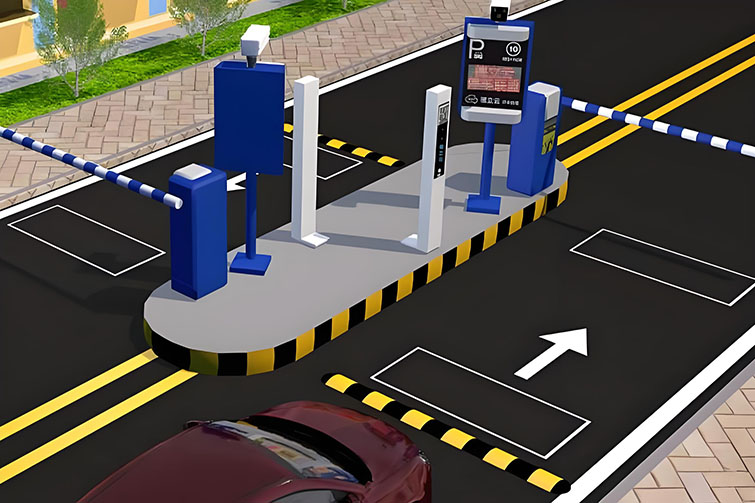

Portable Chargers for Electric Cars: Are They Worth It?
Electric cars are increasingly becoming the norm, but the infrastructure for charging them hasn’t kept up everywhere. Portable electric car chargers have emerged as a convenient solution, providing the ability to charge on the go. But are portable chargers for electric cars truly worth it? Let’s delve into their benefits and drawbacks.

Flexibility and Convenience
Portable EV chargers offer unmatched flexibility. Unlike fixed charging stations, portable chargers allow EV owners to charge their vehicles from almost any standard electrical outlet. This mobility is particularly advantageous for those who travel frequently or live in areas with insufficient charging infrastructure.
Mobile Electric Car Charging Options
Portable chargers come in various forms. Some are compact and lightweight, designed for emergency top-ups, while others are more robust, offering faster charging speeds. This versatility makes portable electric car chargers suitable for a range of needs, from daily commutes to longer road trips.
Efficiency and Cost
While portable chargers provide convenience, they typically charge at a slower rate compared to high-power stationary chargers. The time taken to fully charge an electric vehicle can vary significantly, from a few hours to overnight, depending on the charger’s output capacity and the vehicle’s battery size. However, the cost of acquiring a portable charger can be significantly less than installing a home charging station, making it an economical choice for many users.
Mobile Car Charging Service
For those who need a charging solution that doesn’t require ownership of a charger, mobile car charging services offer a practical alternative. These services provide on-demand charging delivered directly to parked cars, enhancing convenience but at a higher cost compared to owning a portable charger.
Environmental Impact
Using a portable charger for electric cars can also contribute to reducing the overall environmental footprint of EVs. By enabling more frequent and accessible charging, these chargers help car owners maximize their use of electric power instead of relying on gasoline, especially during long trips where charging stations are sparse.
Conclusion
Portable chargers for electric cars present a compelling case for those looking for convenience and flexibility in their EV charging options. While they may not always offer the fastest charging speeds, their portability and lower initial costs make them an attractive option for many. As the EV market continues to evolve, the role of portable EV chargers is likely to become even more significant, offering a viable solution to bridge the gap in public charging infrastructure.








